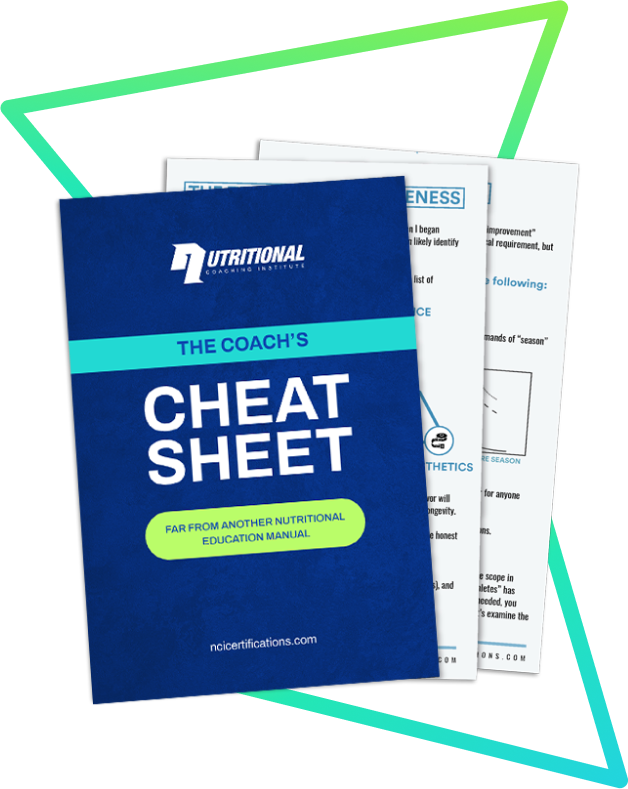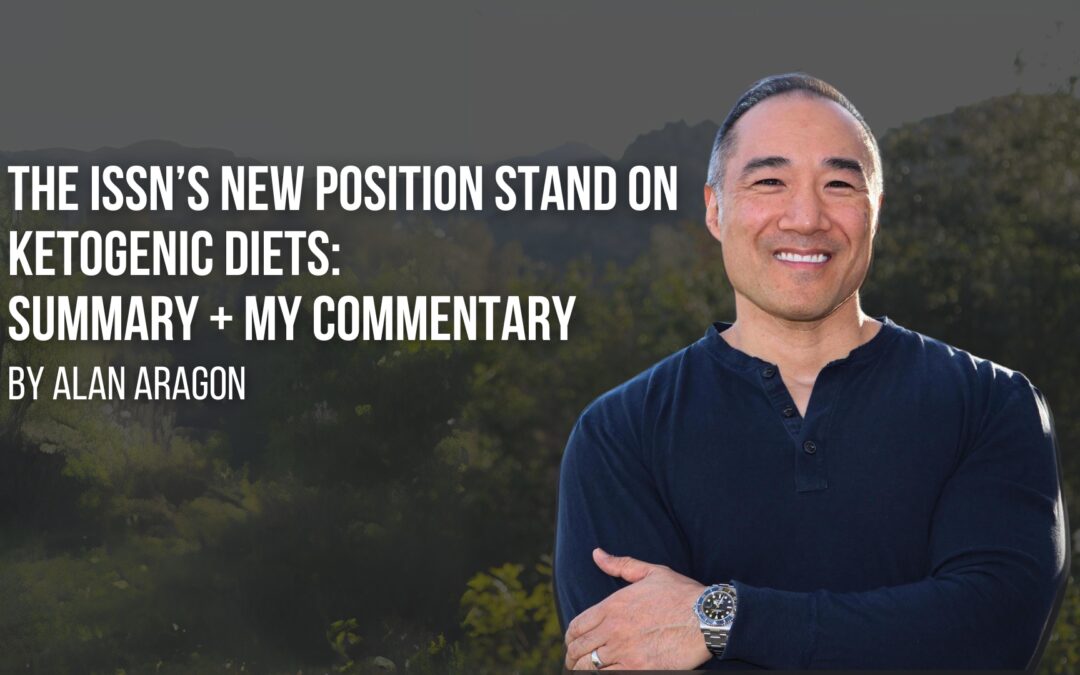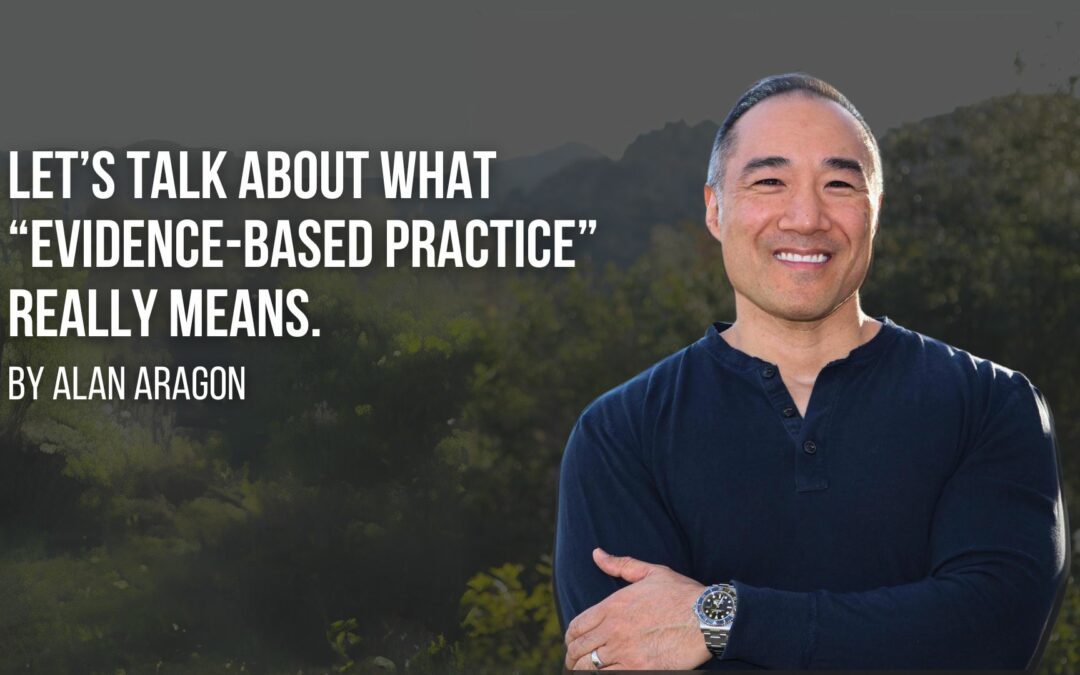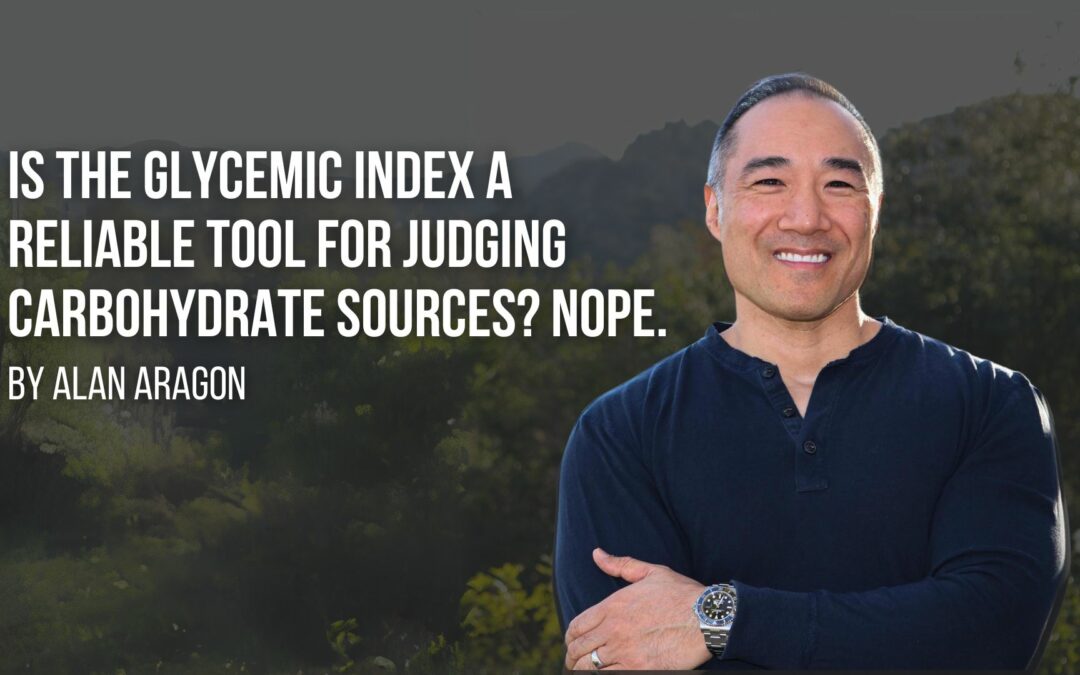While experts have been discussing the power of positive thinking for years, it seems the concept of practicing positivity is becoming more mainstream. Considering that mindset is my specialty, I couldn’t be happier with this emphasis, as I adamantly believe that positivity can contribute to maintaining a growth mindset, and overall increase mental wellness.
With that said, the illusion is being created that positivity must be an all-or-nothing sort of thing to work. We must always be positive. We must always be achieving or progressing or happy. And if we have moments of experiencing uncomfortable emotions, if we have less than optimal results, or if we endure a speed bump in the process, the entire experience was a failure. We label the entire journey based on the idea that it must be an exclusively positive experience to be a success. It’s as though we forget that an experience is created by negative AND positive facets. It’s as though we forget that as cliché as it sounds, this really is about the journey more than the destination.
I noticed this frequently in my time as a counselor and now see this often as a nutrition coach. Individuals neglect to acknowledge that an experience can still be a success even if it’s not all positive. Clients get to the end of a phase of their periodized protocol and count it as a failure because every facet of it wasn’t perfect. They emphasize the low points, and therefore the few negatives overshadow the incredible amount of positives that occurred over those last few months. They dread moving forward to the next phase. They forget that they CHOOSE where they place emphasis.
Let’s take dieting, for example. Whether a client is starting their first diet phase ever or has spent the majority of their life dieting, creating food rules, and feeling defeated with lack of progress, major frustrations and anxieties regarding the dieting process are continually voiced during coaching.
Even the client who has successfully reversed up to maintenance calories and are able to embark on that diet phase they’ve waited so long for are quickly frustrated with the process. And I get it, dieting is uncomfortable! Hunger spikes. Energy and performance can wane. And it’s not always linear, or fast, or continual. Suddenly the goal of weight loss is overridden by the annoyances of the process. And the fact that progress doesn’t happen fast, or consistently, leaves clients wondering if the plan is even working.
But here’s the thing: while dieting can suck, if we are metabolically in a position to diet, and have an aesthetic goal, then we must bring calories down. We must deal with the discomfort. We must acknowledge that achieving goals isn’t always full of rainbows and butterflies. We must remember that plateaus happen. But the challenges along the way (including days where numbers aren’t hit perfectly, biofeedback dips, the scale pops up, a vacation leaves us noncompliant, etc.) don’t minimize the overall achievements of the diet phase.
One can still successfully diet even if it wasn’t perfect, or they didn’t lose X amount of pounds. Overall success isn’t defined by one vague variable identified before the diet even started. And, if anything, owning the challenges that came with the wins can create a stronger mindset. Assessing areas where one can improve can serve as an opportunity to create an even more successful future diet phase. We must remember that there are beautiful lessons to be learned if we are willing to celebrate the journey, with all of its parts. And it’s okay to move on to the next phase of your protocol, even if you don’t feel like you maximized the first one 100%.
When it’s all said and done, keeping a tally on the pros versus cons does nothing. And beating yourself up for the cons does even less. Identifying all of the ways the diet could-have-would-have-should-have been better is wasted energy. Because it’s actually our PERCEPTION of an experience that defines our success.
What’s important to remember is that the more committed we become to always remaining positive, the more uncomfortable we become with the negative. And since we don’t like sitting with the uncomfortable, the negatives become magnified. We may develop an emotional attachment to them. We may experience a visceral response to them. And as a result, we see the negatives as failures, not as a necessary part of the process. We are no longer able to celebrate the journey we are on and feel we must restart or ditch the effort altogether.
In an effort to cope with life stressors, maintain a growth mindset, and work towards optimal mental health, practicing positivity is vital. However, this does not mean our ability to remain positive at all times should be used as another way to define ourselves. Instead, let’s challenge the idea that negativity should be feared.
Let’s ask the important questions like, “why can’t I sit with the uncomfortable?”, “Why is change so scary?”, “What if this doesn’t go perfectly?”, “Aren’t the best things that have happened to me situations that required me to lean into fear?”. And most importantly, “Aren’t some of my greatest successes experiences that were also laced with perceived failures?” Perhaps failure isn’t the opposite of success but is merely a part of it.
Negatives will happen. Let’s embrace them and allow them to be part of our story. Let’s take some of their power away. Then, perhaps the negatives won’t be what we lead with, but instead, how we build up the depth, beauty and positivity of the experience.





